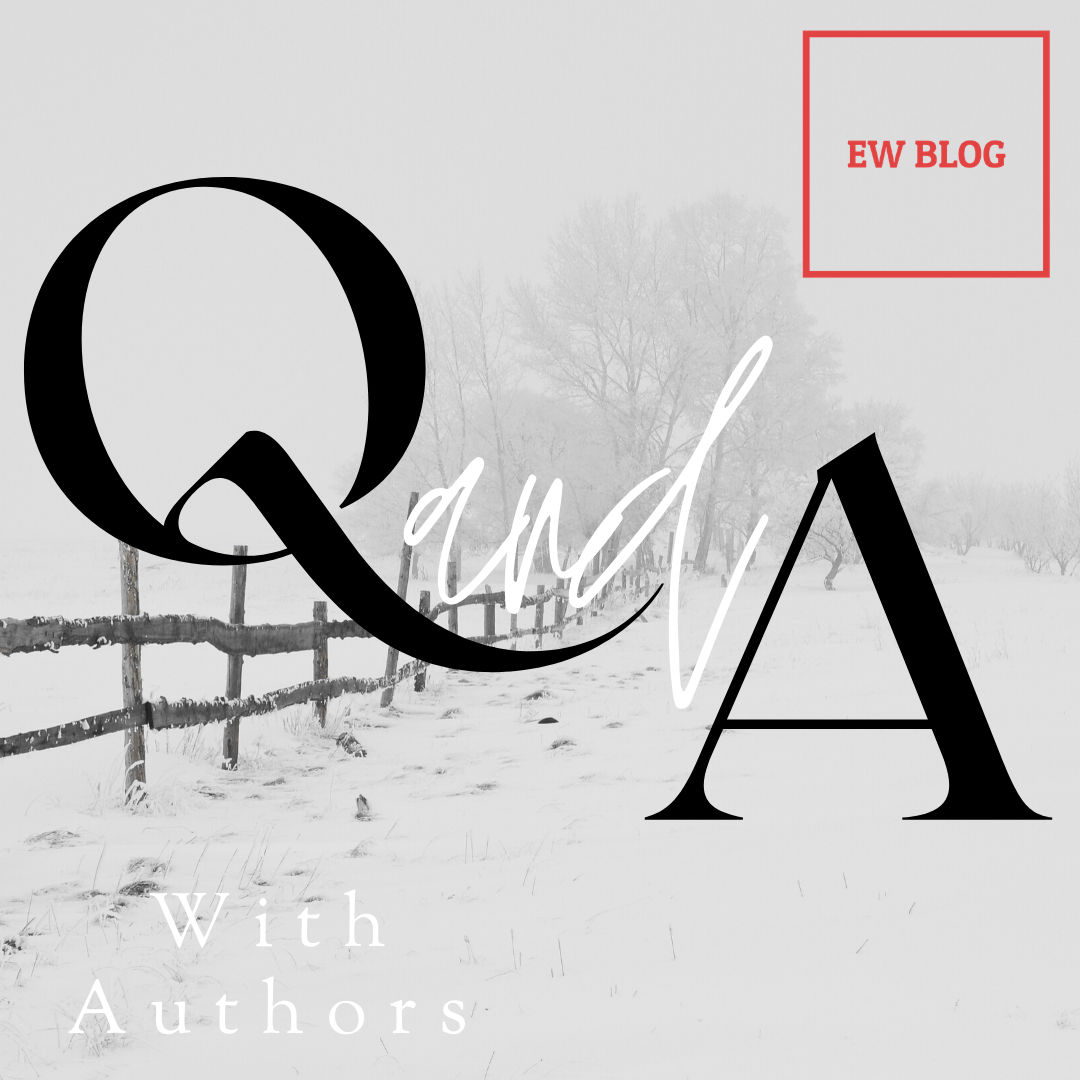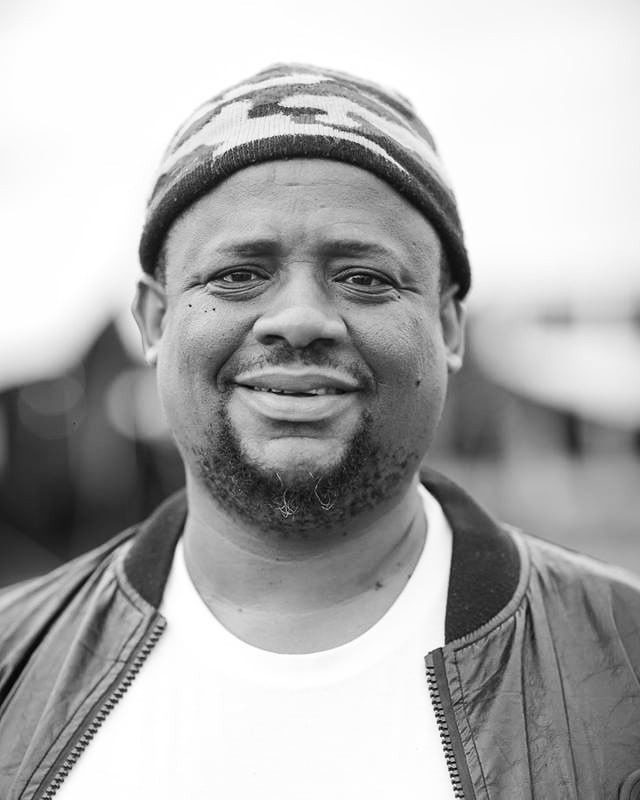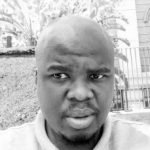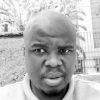

Q&A With Gaongalelwe Tiro
Author of Parcel of Death

by Ezekiel Kekana
Gaongalelwe Tiro describes himself as an avid reader, agnostic, stickler for social justice, and cosmology fanatic. In 2019, he released a debut book in honour of the great icon Onkgopotse Tiro titled, Parcel of Death, the Biography of Onkgopotse Abram Tiro. In this Q&A with EW Blog editor, Ezekiel Kekana, Gaongalelwe reflects on the legacy of a man who was not only his uncle but a beacon of hope for many young people during apartheid years, why he wrote Parcel of Death, and whether the democratic government has done enough in seeking justice for Tiro.
Picture credit: Gaongalelwe Tiro via Facebook and Twitter.

Question: I think for the benefit of our EW Blog readers, let us start with who is Gaongalelwe Tiro and how are you related to the great Onkgopotse Tiro?

Answer:
Gaongalelwe Tiro is an ordinary South African, born and bred in Temba, Hammanskraal. He is a patriot, writer, journalist, communication practitioner, history student and single father of a beautiful daughter. Onkgopotse Tiro was my paternal uncle.

Question: Your debut book, Parcel of Death which is a biography of the late icon, Onkgopotse Tiro was released in 2019 under Pan Macmillan, how has the feedback been from the readers?

Answer:
I have had a lot of feedback, which fortunately has been quite positive. I suppose that has something to do with the fact that very little was known about my subject and his role in the liberation struggle. Before Parcel of Death was written, anyone interested in reading about Onkgopotse Tiro would only find a potted history from various sources, some of which contained inaccuracies.

Question: What prompted you to go with the title, Parcel of Death?

Answer:
It was something Professor Njabulo Ndebele wrote about the Onkgopotse Tiro assassination incident. For some reason, the phrase just jumped at me.

Question: Take us through the emotional journey of writing this book about a man who was brutally murdered by the apartheid regime?

Answer:
The putting together of the book took just more than two years and involved considerable research from the archives, journals and books, and through interviews. I spent a lot of time in Dinokana, Zeerust, which is the village where my subject was born and bred, talking to family, his childhood friends, his peers and members of the community. The time I spent there helped me a lot in terms of helping me understand his early formative influences. The writing journey was only emotional in so far as it drove home the injustice of it all. I believe that with just a little bit of effort the killers of Onkgopotse Tiro could have brought to book. Instead, by letting apartheid assassins and mass murderers get away scot-free, we have cultivated a culture of impunity that is now manifesting itself in our national life in disturbing ways.

Question: In his foreword, former AZAPO leader, Mosibudi Mangena admitted that the biography of Tiro was ‘long overdue’. Did you feel pressured that you as Tiro’s relative should write his story?

Answer:
No, I did not feel any pressure at all. In fact, I was initially ambivalent about writing the story though it is close to my heart. My sense, at the time, was that my proximity to him, as a blood relative, might create perceptions of partiality. I toyed with the idea for a very long time before finally deciding to put pen to paper. I’m happy that I did it, though I would have been equally happy if it someone else had done it.

Question: The current generation, the so-called ‘born frees’, majority of them aren’t familiar with the role played by the likes of Tiro in the fight against the white and racist apartheid rule, do you think before your book, there was enough and still is enough literature that celebrates the role Tiro played during the country’s dark days?

Answer:
Mine is just about a contribution to keeping his memory and that of his generation of activists alive. Still, there are gaping holes in South African historiography that needs to be attended to and the issue isn’t just about Tiro. Much more needs to be done about what, in my view, is deliberate historical erasure. It appears to me that the contributions of individuals, generations and alternative, radical visions and dreams of freedom that also animated the struggle for social change have been airbrushed out of the popular narrative of the liberation struggle.

Question: Onkgopotse Tiro was a vocal critic of an unfair and unjust higher education system during apartheid. When you saw the 2015 #FeesMustFall student protest and the continuous commodification of education, are you disappointed that the challenges faced by the likes of Tiro in the education sector are still very much prevalent in the democratic dispensation?

Answer:
He was passionate about the education of the African child and saw it as an important means of liberation. I share that passion. Tragically, more 20 years since the end of official apartheid, access to education remain a challenge for many. Coupled with that, we continue to suffer from poor education despite massive public investment in the sector.

Question: Many freedom fighters continue to be celebrated and honoured by the democratic government; do you think since the country’s democracy there has been more done by our government in honouring the memory of a man who has been described as the ‘godfather’ of the 1976 uprisings?

Answer:
There have several symbolic acts from different parties been to honour his memory with two schools name after him – the Onkgopotse Tiro Primary School in Tshepisong, Roodepoort, Onkgopotse Tiro Comprehensive School in Slurry, just outside Mafikeng. The latter school runs an annual memorial lecture and so does the University of the North, which has also named several amenities on its main campus in Polokwane after him. There are several streets named after him across the country. So, I will not complain much about that as many others who died in the struggle have not had the same honour. Meanwhile, you have a curious situation of every other public amenity being named from the same coterie of people. Oh, and you still have public amenities bearing the names of apartheid or colonial low-life scum. Go figure! Back to your question about whether the democratic has done enough to honour Onkgopotse Tiro. No! For me, naming monuments after him or posthumous awards and recognition will never substitute the imperative to deliver justice. The truth about what happened is the first and only prize that matters.

Question: If you had to invite three political figures to the grave of Onkgopotse Tiro, who will those be and why them?

Answer:
Hmmm… from the current crop, no one in particular. From among those already past, Muziwakhe Lembede, Mangaliso Sobukwe and Bantu Biko inspire me the most.

Question: What is your message to young people who will want to know more about forgotten heroes such as Onkgopotse Tiro?

Answer:
Read and research as much as possible. Some of the histories are recorded but not readily accessible unless one goes out and looks for them. But even more importantly speak to the elders as many are repositories of the oral history that is not in the history books.

Question:
Which book are you currently reading?

Answer:
Jacob Dlamini’s Terrorist Album.
Book Review
Share this:
- Click to share on X (Opens in new window) X
- Click to share on Facebook (Opens in new window) Facebook
- Click to print (Opens in new window) Print
- Click to share on LinkedIn (Opens in new window) LinkedIn
- Click to share on Reddit (Opens in new window) Reddit
- Click to share on Tumblr (Opens in new window) Tumblr
- Click to share on Pinterest (Opens in new window) Pinterest
- Click to share on Telegram (Opens in new window) Telegram
- Click to share on WhatsApp (Opens in new window) WhatsApp
- Click to email a link to a friend (Opens in new window) Email

